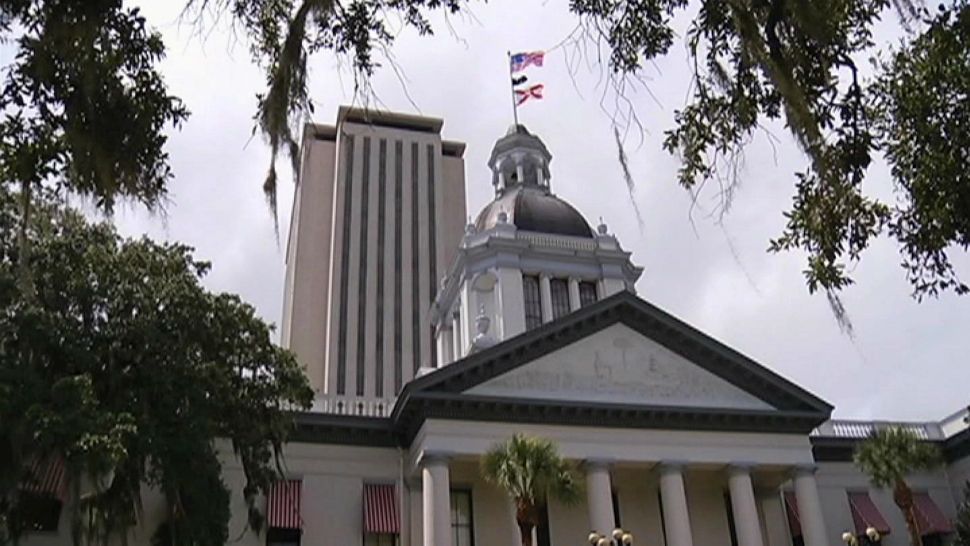TALLAHASSEE, Fla. — A bill to further define the terms of an amendment Florida voters passed in November to restore voting rights to felons passed its first committee Tuesday, to the worry of advocates.
- Bill further defines terms to get voting rights restored
- Would require felons to pay all court costs and fines
- Critics say that goes beyond what judges, clemency board required
- FLORIDA GOVERNMENT GUIDE:
The Florida House Criminal Justice Subcommittee passed the committee bill on a 10-5 vote, with Republicans favoring and Democrats opposing it.
Amendment 4 automatically restores voting rights to felons who complete the terms of their sentences, and are not convicted of murder or felony sex crimes.
Lawmakers who support the measure say Amendment 4's requirements leave room for confusion for officials who have to implement it.
That confusion, according to a staff analysis of the bill, includes which crimes qualify as murder or felony sexual offense, and what the terms of a sentence include.
The latter is the biggest concern for advocates of the amendment. The new bill would include a felon paying all court costs and fines before they can get their voting rights restored.
The Florida Rights Restoration Coalition and the League of Women Voters both opposed this provision in statements Tuesday.
"The League understands and respects the need for the state to clarify and define certain terms related to the implementation of Amendment 4. However, this bill seeks to redefine 'completion of a sentence' to include court fines and fees that are not part of one’s original sentence," League president Patricia Brigham said in a statement.
The FRRC said the bill "broadens the definition of completion of sentence beyond what was previously established by the Florida Clemency Board."
"That will restrict the ability to vote for thousands of Floridians, especially people who are poor, especially people of color," said Neil Volz, political director for the Florida Rights Restoration Coalition.
The sponsor of the bill, Committee Chair Jamie Grant, R-Tampa, pointed out that the FRRC's own lawyers said court costs could be part of completing a sentence when they went before the Florida Supreme Court.
This bill also defines murder as being first-degree and second-degree murder, and felony sexual offenses would include a large number of offenses that include sexual contact, but also include:
- Video voyeurism
- Providing obscene material to a minor
- Transmitting material harmful to a minor by electronic device
- Locating an adult entertainment store within 2,500 feet of a school
- Sexting by minors, third or subsequent offense
- Sexual cyberharassment
- Sexual misconduct by a detention or correctional facility employee with an inmate
- Wholesale promotion of obscene materials
A full list is available on the Florida House website.
Information from the Associated Press was used in this report.



